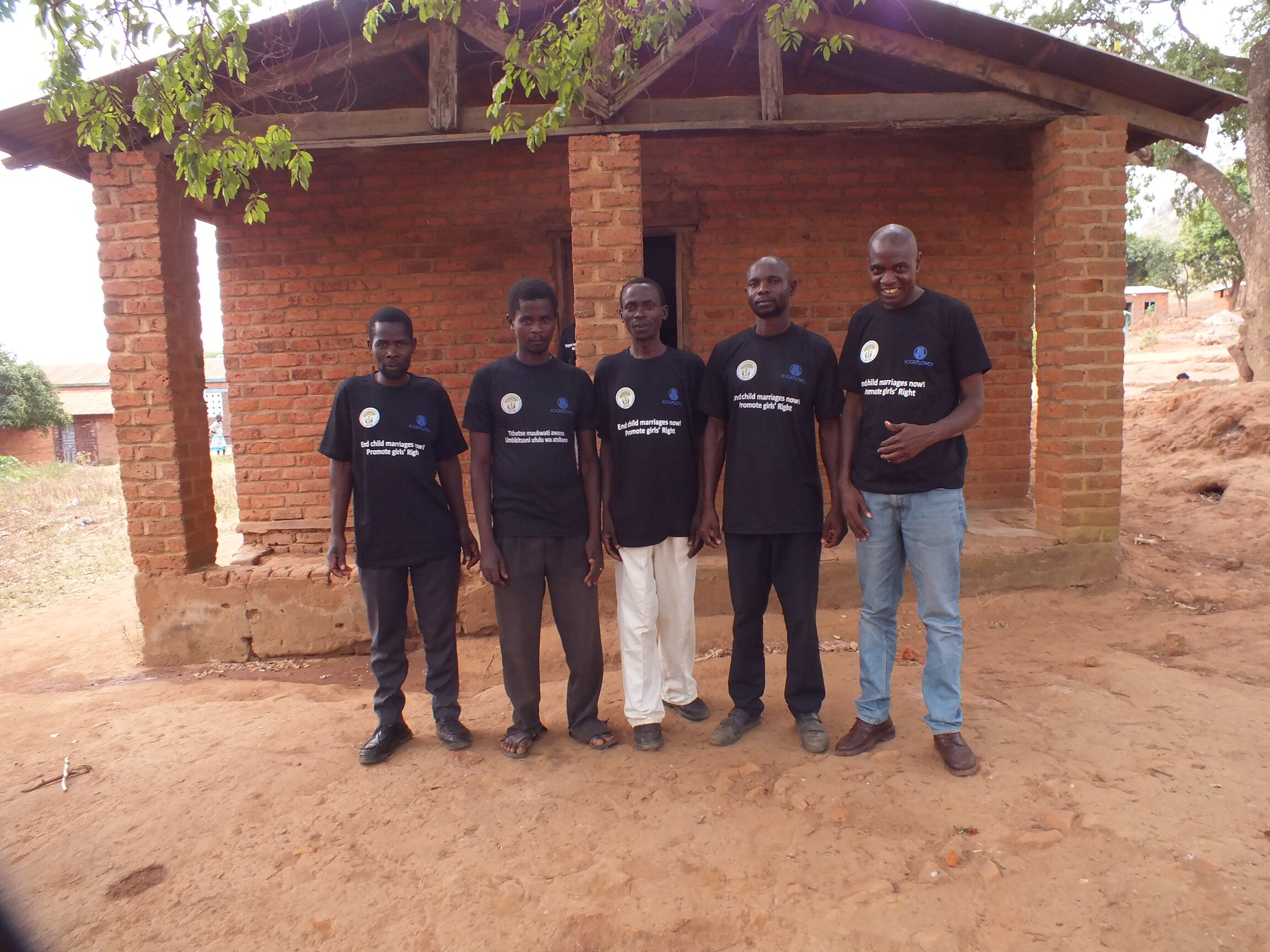How personal experience, a little impactful financing and a deep commitment to improving the lives of women and girls have contributed towards ending period poverty in Tanzania.
WomenChoice Industries, a Rockflower partner since April 2019, is a social enterprise that manufactures and distributes affordable reusable sanitary towels to women and girls from low income communities in Tanzania. The early investment from Rockflower provided an opportunity to scale up the production and distribution of the products, whilst at the same time providing important menstrual hygiene management information and empowering socially disadvantaged women on the MHM business model with financial and management skills.
WomenChoice Industries co-Founder, Ms. Lucy Odiwa had a deeply personal experience at the start of her menstrual experience at Asumbi Girls secondary school in Western Kenya, which began her journey into this work. At age 16 Lucy struggled with the challenge of access to menstrual care products, information and services with little open conversation around menstruation. Access to information is restricted by social and cultural taboos, myths and misconceptions, such that it prohibits women and girls the ability to discuss the experience openly with their siblings, parents and or relatives. Lucy recalls a particularly tough moment in a Maths class when she was called to calculate an algebraic equation in Mathematics, she realized as she was standing at the blackboard that she was also leaking blood onto her clothes.
Confused and embarrassed Lucy ran to the dormitory, and on the way she picked up a fellow student’s white sock hanging from a clothesline and used it to manage her menses. Lucy would subsequently go on to miss school for five consecutive days, missing out on important lessons and reducing her ability to perform as a nomal A+ student in Mathematics. She would later discover in her research that many girls feigned sickness to be able to skip class during their periods so that they wouldn’t be put in the position to be ashamed if they were unable to manage their menstrual cycles in public at school.
Young women and girls from low resource settings in Tanzania, face a myriad of menstrual hygiene management health challenges as they go about their daily routines. They lack proper menstrual management absorbents, forcing them to trade “Sex for pads’’ with men twice or even three times their age. This in turn exposes them to early and unwanted pregnancies, unsafe abortions , sexually transmitted diseases and HIV/AIDs. Just as importantly girls might miss school for up to 4-7 days a month, a total of 48-84 days annually due to menstruation.
Lucy’s personal experience and the stories she heard from other girls, convinced her that something had to be done and she co-founded WomenChoice Industries as a solution to this menstrual hygiene management challenge. Ms Odiwa innovated the low cost reusable sanitary towels “salama, safe pads’’. The reusable sanitary towel is affordable, low priced, chemical free, odourless, and can withstand up to 100 washings. It can save on menstrual hygiene expenses by between 75-90% annually and is kept hygienic by simple hand washing with water and a bar of soap. The cost per pack of 5 pieces of pads cost US$ 2.3 compared to US$ 72 annually for disposable sanitary towels.
Rockflower’s initial investment of $7,500 allowed Lucy the breathing room she needed to expand her inventory and develop her business model. Now just over two years later she has taken the small social enterprise to a mid level business reaching a great many girls with low cost and affordable reusable sanitary towels.
Achievements:
Manufactured and distributed a total of 34,234 packets of low priced , affordable reusable sanitary towels by the end of June 2021.
Established a schools based menstrual hygiene management information system, opening up the menstrual hygiene management conversation in 25 primary and secondary schools reaching 12,657 school students by the end of June 2021
Empowered a total of 300 socially disadvantaged women and girls, sex workers, teenage mothers, single mothers, widows and people with HIV/A on menstrual hygiene management models, business and financial literacy skills engaging them as vendors and sales agents
Distributed a total of 16,756 girls in schools with with low cost, affordable reusable sanitary towels by June 2021
WomenChoice Industries has received several international recognitions and has become the top 50 and top 20 African business Heroes for its role in implementing the Sustainable Development Goals and supporting women led initiatives
Challenges
The enterprise faced several developmental challenges.
Menstrual hygiene management information, is shrouded with several social and cultural taboos, myths and misconceptions, such that it is not openly discussed, this has a huge impact on the potential sales of the reusable sanitary towels.
The tax management system for the products imported from outside the country - the government offers tax exemption for the imported disposable menstrual care products, but does not offer the same exemptions for raw materials associated with the production of menstrual care products. This keeps the cost of importing these materials very high.
The increasing operational costs, including transport and logistics to expand access to reusable sanitary towels into the remotest part of the country still presents critical challenges impacting the product accessibility and the ability to access the target population promptly and in a timely manner.
Period poverty: the inability of the local women and girls to purchase reusable sanitary towels, the majority of women still remain unable to buy pads as the majority earn less than US$ 1.9 a day.
Lack of mobile phones for many of the sales agents and vendors. WomenChoice Industries uses the WhatsApp application in the promotion and marketing strategies , but many of the socially disadvantaged women lack a smartphone gadget, to promptly access communication.









